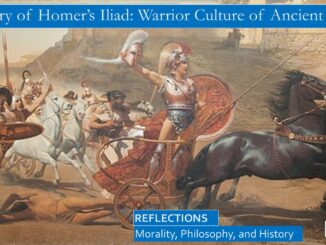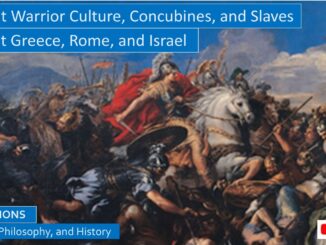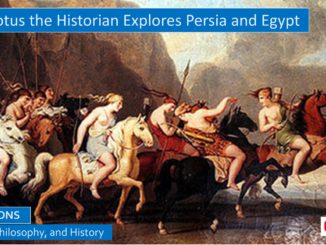The Greeks were the most formidable fighting force in the Near East. The mighty Persian empire loaded their army on ships to fight what they thought would be an easy victory, but were decisively defeated by Athens and Sparta and their allies both on land and on sea in two separate wars. This established the reputation of the Greeks, later a Persian prince, Cyrus the Younger, hired a Greek hoplite infantry army to fight for the crown of Persia. The Greeks dominated the battle, but Cyrus was killed in the fighting. Losing their patron, the Greeks were forced to fight their way through the Persian Empire back to the Black Sea and then to Greece. This showed that the mighty Persians were vulnerable, later Alexander the Great of Macedon would conquer all of Persia and some of India also.
The Greeks may have been the founders of Western Civilization, but they were first and foremost a warrior society. If the Greeks weren’t formidable warriors they would have been conquered by the mighty Persian Empire, which means that there would be no Socrates, no Plato, no Xenophon, the Greeks would not have been able to leave us a cultural legacy. […]



